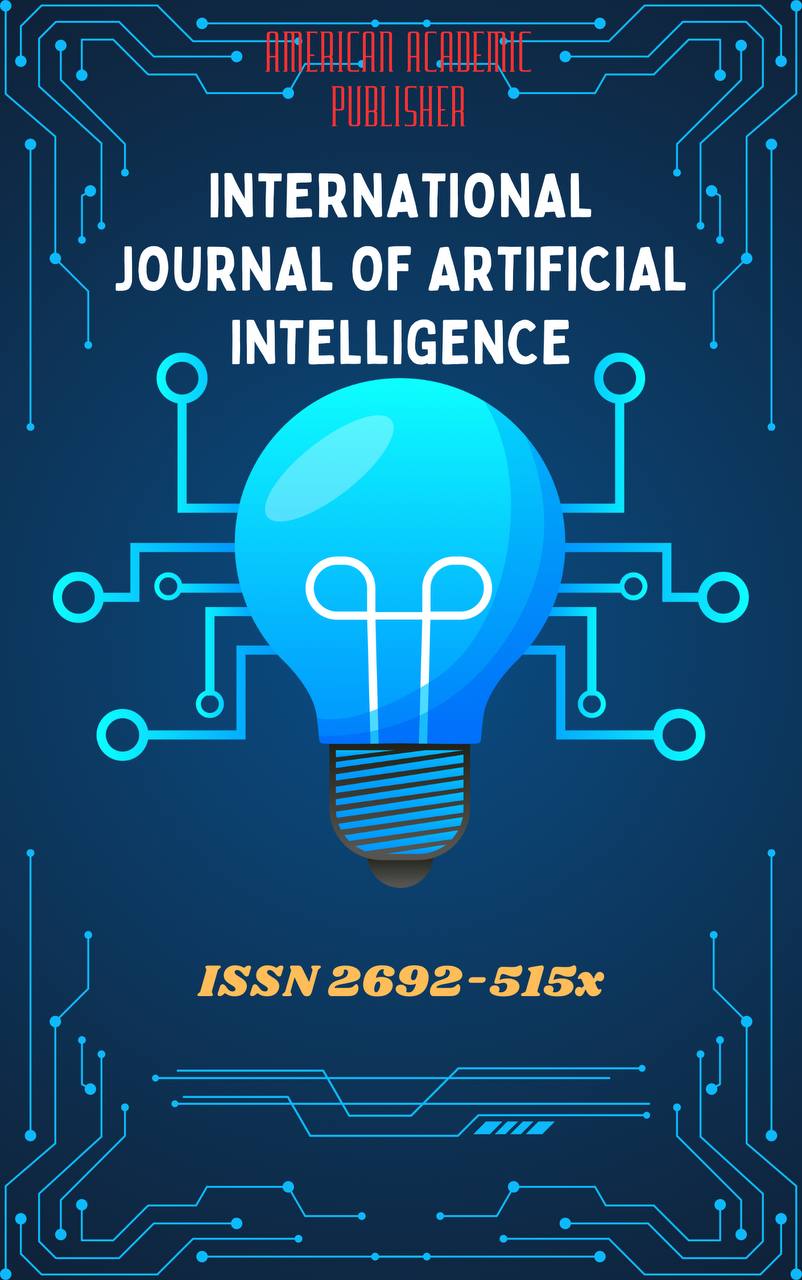 Articles
| Open Access |
Articles
| Open Access | READER RECEPTION OF TRANSLATED MOTIVATIONAL TEXTS IN UZBEKISTAN: INSPIRATION OR MISINTERPRETATION?
Jumayeva Dilbar Kuvondikovna , Doctoral student at Navoi State Pedagogical InstituteAbstract
This study explores the reader reception of translated English-to-Uzbek motivational self-help and business texts among Uzbekistan's younger generation, analyzing whether these works serve as genuine sources of inspiration or are subject to cultural and linguistic misinterpretation. Utilizing a qualitative, mixed-methods approach—including analysis of translated titles, reader reviews, media commentary, and publisher insights—the study identifies significant popularity and positive reception of motivational literature among Uzbek youth. Popular titles such as The 7 Habits of Highly Effective People, Rich Dad Poor Dad, and Atomic Habits have successfully inspired readers toward personal growth, entrepreneurial thinking, and financial literacy. However, findings also highlight critical issues including cultural mismatches, literal translations causing diminished impact, and occasional reader misunderstandings due to differing socio-economic contexts.
Keywords
Motivational literature, Translation studies, Reader reception, Uzbek youth, Self-help books, Cultural interpretation, Linguistic adaptation, English-to-Uzbek translation, Reading culture in Uzbekistan, Personal development literature
References
Azizova, M. (Translator) & Saida, N. (2023, June 20). Redeeming Book Culture in Uzbekistan. The Diplomat. Retrieved from https://thediplomat.com/2023/06/redeeming-book-culture-in-uzbekistan/:contentReference[oaicite:68]{index=68}:contentReference[oaicite:69]{index=69}
Fayziyeva, A. A. (2021). Peculiarities of translating self-help book titles into the Uzbek language. Academicia: An International Multidisciplinary Research Journal, 11(11), 869-873. https://doi.org/10.5958/2249-7137.2021.02528.3
Khojamov, R. (2023, November 14). Bizga motivatsion kitoblar kerak(mi)? [Do we need motivational books?]. Yuz.uz. Retrieved from https://yuz.uz/uz/news/bizga-motivatsion-kitoblarkerakmi:contentReference[oaicite:72]{index=72}:contentReference[oaicite:73]{index=73}
Kashdan, T. B. (2025, February 3). Do Self-Help Books Work? Psychology Today. Retrieved from https://www.psychologytoday.com/:contentReference[oaicite:74]{index=74}:contentReference[oaicite:75]{index=75}
Jabbour, R. (2021). Self-Help Books: Helpful or Not So Much? The SMU Journal. Retrieved from https://www.thesmujournal.ca/:contentReference[oaicite:76]{index=76}
UzWikipedia (n.d.). Boy ota, kambag’al ota (Rich Dad, Poor Dad) – Uzbek Wikipedia article. Retrieved March 2025, from https://uz.wikipedia.org/wiki/Boy_ota_kambagʻal_ota:contentReference[oaicite:77]{index=77}
Sharifova, M. (2023). Comment in Xo‘jamov, R., Bizga motivatsion kitoblar kerak(mi)? Yuz.uz.
Sabriy, A. (2023). Comment in Xo‘jamov, R., Bizga motivatsion kitoblar kerak(mi)? Yuz.uz.
Bobomurodov, Sh. (2023). Comment in Xo‘jamov, R., Bizga motivatsion kitoblar kerak(mi)? Yuz.uz.
Article Statistics
Downloads
Copyright License

This work is licensed under a Creative Commons Attribution 4.0 International License.

